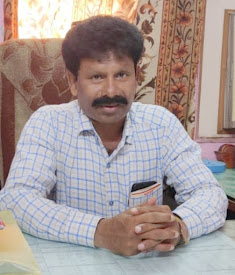NEW DELHI: India Post will provide gadgets such as biometric fingerprint scanners , magnetic strip readers and thermal printers to its 1,30,000 rural offices to smoothen the process of verification and payment under the national rural employment guarantee scheme .
It has charted out an ambitious rural information technology (IT) plan that will make the wage disbursement under the scheme paperless, said an official with the department who asked not to be named. Although NREGA is administered by the ministry of rural development, payments under the UPA government's flagship job safety programme are routed through the postal network and bank branches. The postal department services more than half of the wage earners under the scheme in most states of the country.
The government has allocated Rs 40,100 crore for NREGA in 2010-11 . It is estimated that the rural development ministry will be able to utilise only about Rs 35,000 crore in the current year. A total of 179,43,189 families have been provided employment under the scheme till June 30 this year.
The devices offered to the post offices will have an in-built global positioning system (GPS) to determine the frequency of the postal staff's visits to the villages, which will ensure accountability on the part of the branch post masters. This will also help the department map its delivery territory.
The move will help the hugely popular scheme to check leakage of funds owing to fake attendance under the scheme.
In some states of North East, it was found that funds were transferred under the scheme to even doctors and engineers. In Uttar Pradesh alone the leakage is estimated at . 850 crore annually.
The department has invited participation of private players in this regard. The IT revamp, which will happen in phases, is expected to be completed in two years, said an official with the ministry of communications and information technology.
To ensure that the process is made hassle-free , the devices will have portable web cameras with enabling features such as bluetooth and wifi access for seamless transfer of data that may be required under the verification process for accounts.
Transactions under the scheme will happen only when the wage earner's biometric information is matched with data stored in the department's electronic database.
"Our devices will be compliant with standards issued by the Unique Identification Authority of India," said YP Rai, deputy director general (rural business) at India Post.
As network availability in most rural areas is inconsistent, the devices will have facility to function both online and offline. To address the problem of inadequate power supply, the devises will have an in-built battery with solar chargers.
30 Nov, 2010, 06.16AM IST, Souvik Sanyal,ET Bureau
Letter to Department
1 day ago




